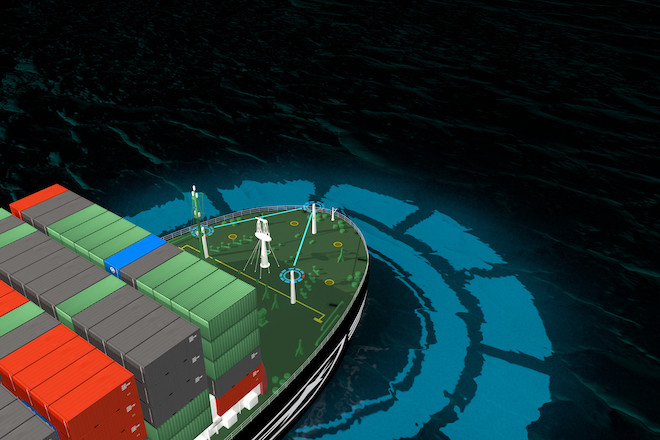
24th September 2020
Loss prevention remains a vital element in ensuring the insurability of maritime risk
Client news
The International Union of Marine Insurance’s (IUMI) two-week online conference continued today with a comprehensive loss prevention workshop chaired by Uwe-Peter Schieder, from German Insurance Association, GDV and Mariella Dauphinee from Intact Insurance Company.
Both were keen to highlight the role of loss prevention managers and their role in identifying, quantifying and mitigating risk as an enabler of the underwriting process. Schieder explained:
“Risk is inherent within the marine sector and the profile changes as our industry evolves. It is the job of the loss prevention manager to be aware of these changes and to identify how the associated risk has altered. Before a risk can be priced, it must first be fully understood in terms of its likely impact and also the measures that might be implemented to lessen that impact.”
Schieder highlighted a number of issues that IUMI is currently debating:
- Autonomous shipping is not a new concept. Various on-board systems and processes have been operating autonomously for a number of years and these have been adequately covered by underwriters. However, the growing practice of increasing the amount of autonomy onboard and bringing them together as a single and fully autonomous vessel is a reality that underwriters must continue to manage carefully.
- The silk-road connecting Asia with Europe is an ancient concept but the resurgence of this route by China and partners as part of the One Belt, One Road initiative will impact heavily on marine insurance. New cargo centres, new stations and new transport modes will all generate a new series of risks that will require careful scrutiny.
- The availability of data is nothing new but the emergence of digitalisation and big data will significantly change the overall risk profile – perhaps for the better. Loss prevention managers will need to investigate and react to this change, advising their underwriters at the same time.
- The trend towards electric vehicles and the inclusion of lithium-ion batteries is a further example. When conventional vehicles are transported by sea, efforts are made to ensure their fuel tanks are as empty as possible. Similarly, to reduce risk, some commentators are suggesting that electric powered vehicles should discharge their batteries to 25% or less. This is achievable when moving vehicles in PCTCs but less realistic for domestic cars being transported by commercial ferry. Fires resulting from these batteries are becoming more commonplace and on-board fire-fighting is challenging. Loss prevention teams must advise their clients and their underwriting colleagues accordingly.
Schieder continued:
“Many of the issues we currently face are new variations on old themes. The role of IUMI’s Loss Prevention Committee is to bring together a group of experts from across all marine business lines and all geographies to share knowledge and best practice. By doing this, we raise awareness of changing risk-related issues and, as an industry, work together to implement the optimum mitigation measures and best practice.”

Uwe-Peter Schieder
Ends
Notes to editors:
The International Union of Marine Insurance (IUMI) represents 45 national and marine market insurance and reinsurance associations. Operating at the forefront of marine risk, it gives a unified voice to the global marine insurance market through effective representation and lobbying activities. As a forum for the exchange of ideas and best practice, IUMI works to raise standards across the industry and provides opportunities for education and the collection and publication of industry statistics. IUMI is headquartered in Hamburg and traces its roots back to 1874.
More information can be found at www.iumi.com